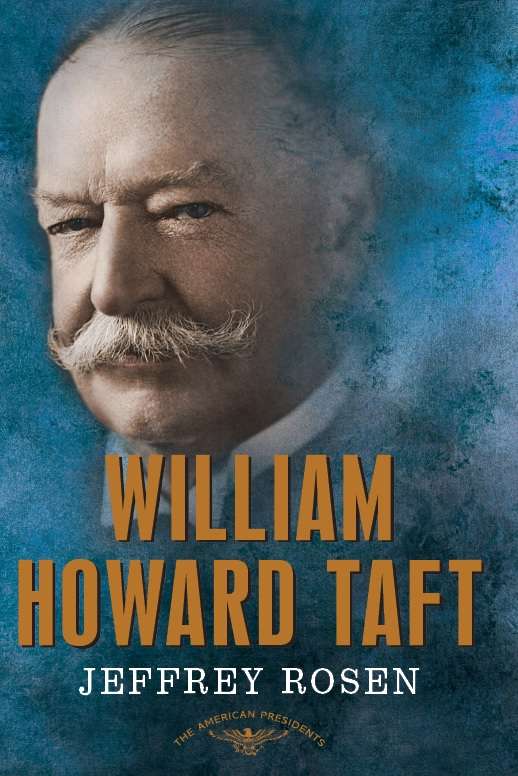The Volokh Conspiracy
Mostly law professors | Sometimes contrarian | Often libertarian | Always independent
What Would William Howard Taft Do About Syria and Mexico?

President Trump this morning tweeted that Russia should "Get ready" to shoot down American missiles fired at Syria "because they will be coming, nice and new and 'smart'!" And in response to his request, the Republican governors of Texas, Arizona and New Mexico have sent 1,600 National Guard members to the Mexican border, to combat what Trump has called a "crisis of our southern border."
Does the President have the constitutional authority to send troops over the Mexican border without Congressional approval? Trump's most constitutionally minded predecessor, William Howard Taft, believed he did not. In Taft's time, as in ours, some Republicans were demanding that the president provoke a military confront with Mexico over border security. In March 1911, Taft sent 20,000 American troops up to the Mexican border, to protect American citizens and capital in Mexico in the face of up uprising against the Mexican president, Porfirio Diaz. (Taft, like Trump, did not consult his cabinet.)
But although President Diaz expected an invasion, Taft carefully instructed his commanders not to cross the Mexican border, believing that the President lacked the constitutional authority to declare war without Congressional approval. In the end, Congress refused to authorize an invasion and Taft kept the troops waiting at the border as a deterrent, resisting populist cries for war.
In acting with constitutional restraint at the Mexican border, Taft was putting the national interest above his partisan interests. When he read that four Americans had been killed in Mexico, his wife asked if there would be war. Taft replied, "I only know that I am going to do everything in my power to prevent one. Already there is a movement in the Grand Old Party" -- he intoned the words sarcastically -- "to utilize this trouble for party ends…. I am afraid I am a constant disappointment to my party. The fact of the matter is, the longer I am President the less of a party man I seem to become…. [I]t seems to me to be impossible to be a strict party man and serve the whole country impartially."
Taft's legalistic precision at the border evoked our greatest constitutionally minded president, Abraham Lincoln. In 1846, President James K. Polk sent troops to the Mexican border, in response to what he claimed was a Mexican invasion. Lincoln -- elected later year as a young Whig Congressman -- would introduce his famous "spot resolutions," demanding that Polk identify the precise spot where blood had been shed, to establish it was on U.S. soil. (This earned him the nickname "Spotty Lincoln.")
Taft and Lincoln, in other words, insisted that the president has no power to send American troops across the Mexican border without Congressional approval. What about a strike on Syria? President Trump, like President Obama, has insisted on his power to launch unilateral strikes in the war against terror. The constitutional arguments for and against these assertions of presidential unilateralism are well debated on these We the People podcasts hosted by the National Constitution Center, including John Yoo v. Ilya Somin on Obama and Deborah Perlstein v. Sai Prakash on Trump.
But William Howard Taft's position was clear. "It seems my duty as Commander in Chief to place troops in sufficient number where, if Congress shall direct that they enter Mexico to save American lives and property, an effective movement may be promptly made," he declared in an address to Congress in March, 1911. But Taft emphasized that he would never authorize unilateral military action. "The assumption by the press that I contemplate intervention on Mexican soil to protect American lives or property is of course gratuitous, because I seriously doubt whether I have such authority under any circumstances, and if I had I would not exercise it without express congressional approval."


Show Comments (52)